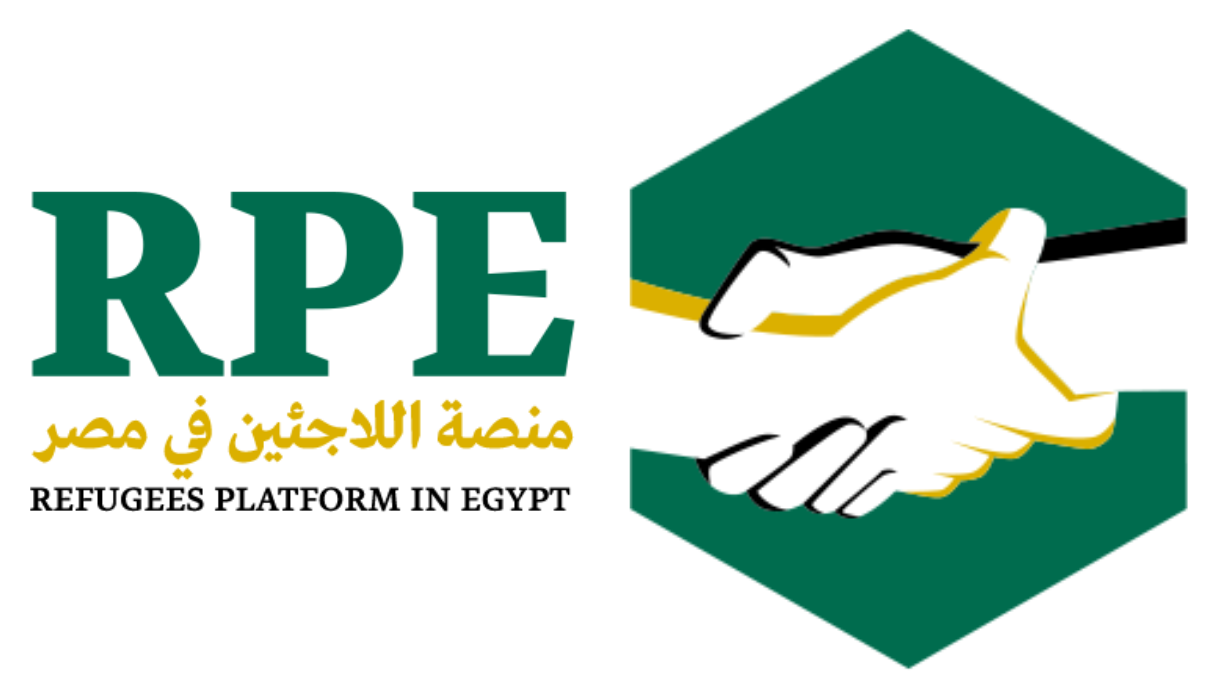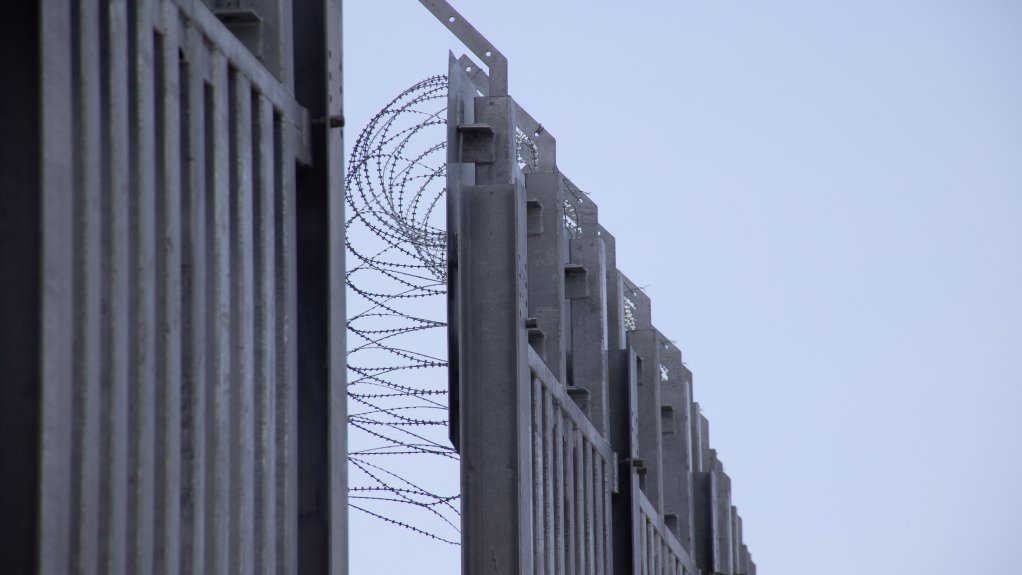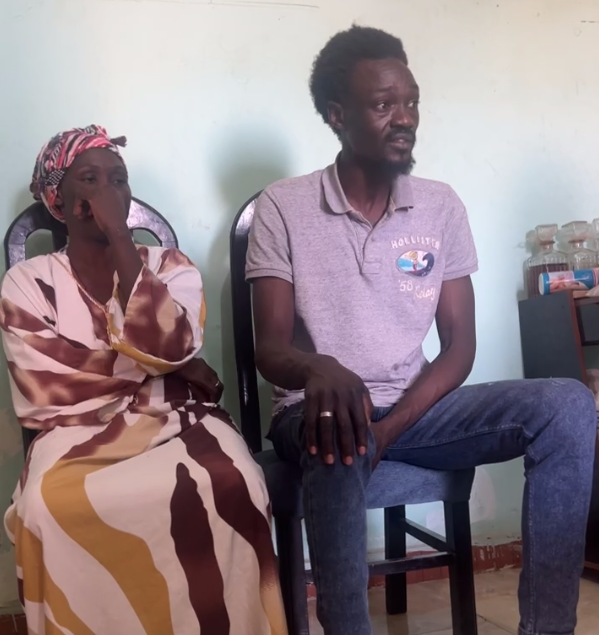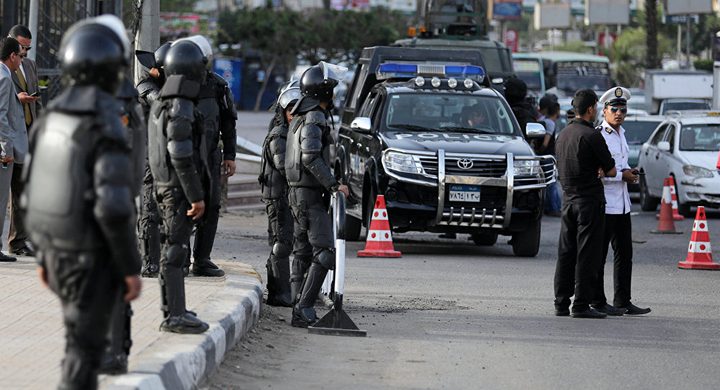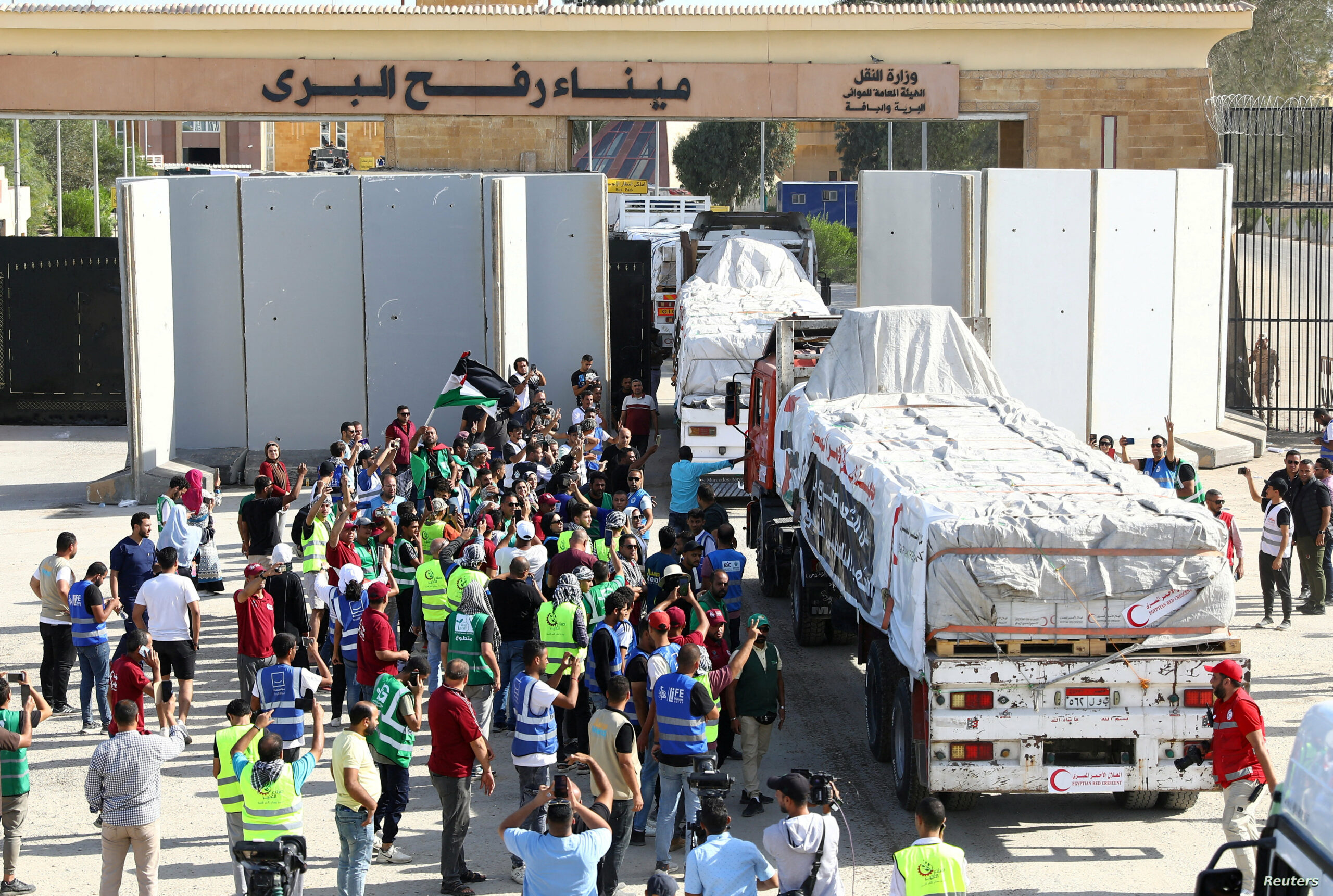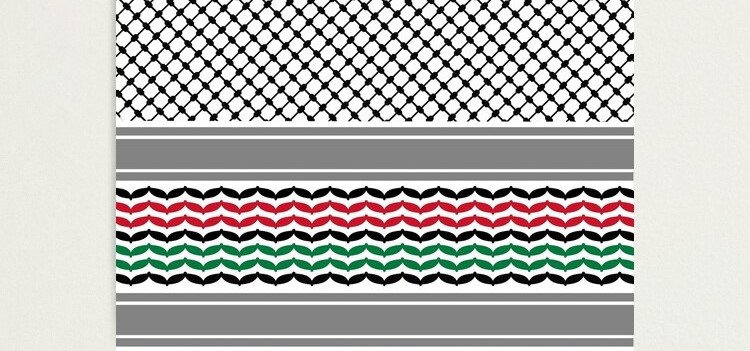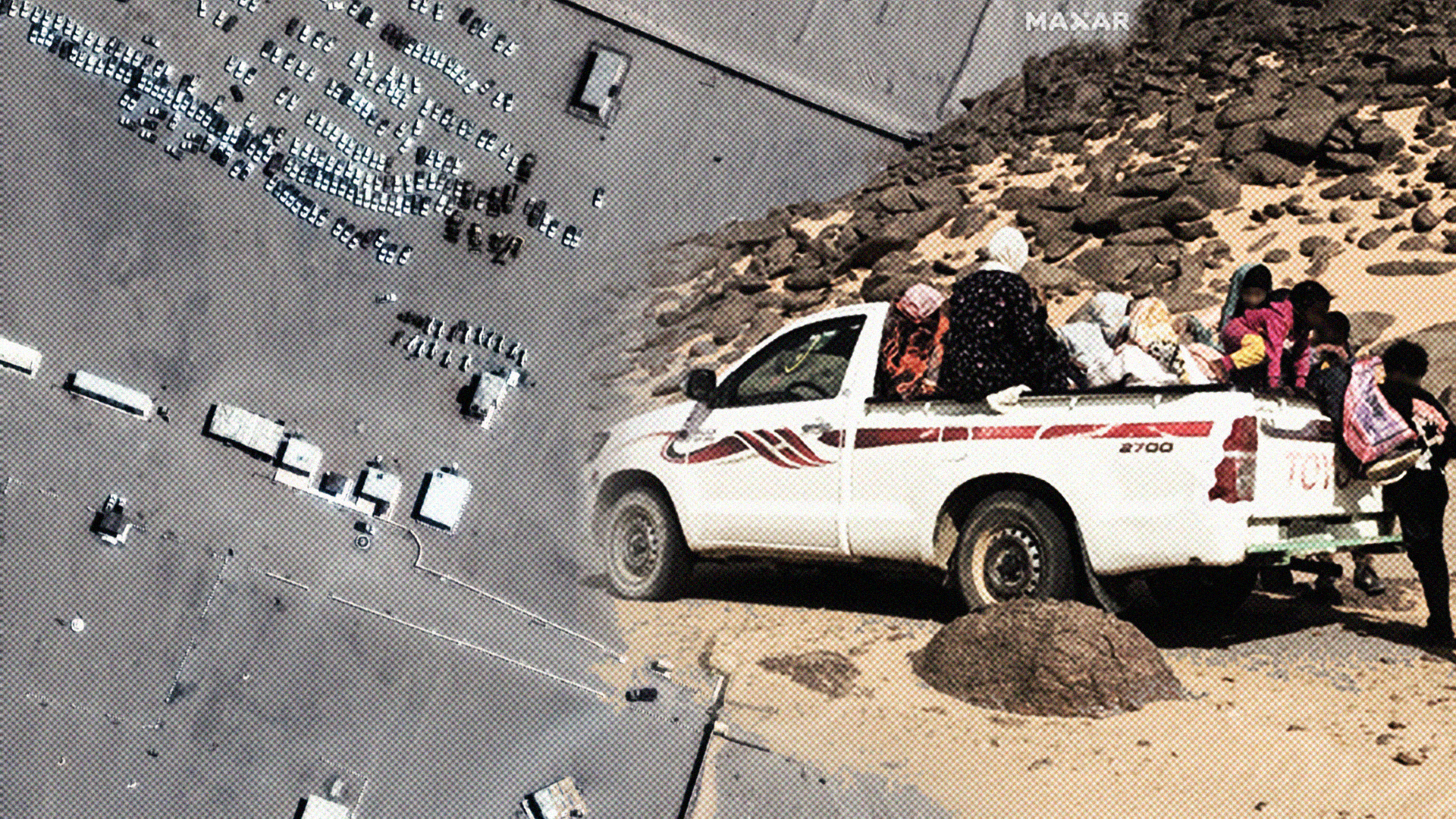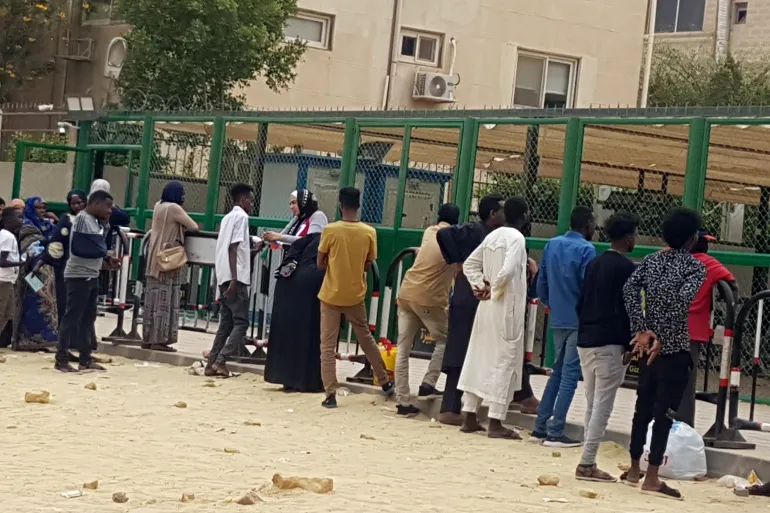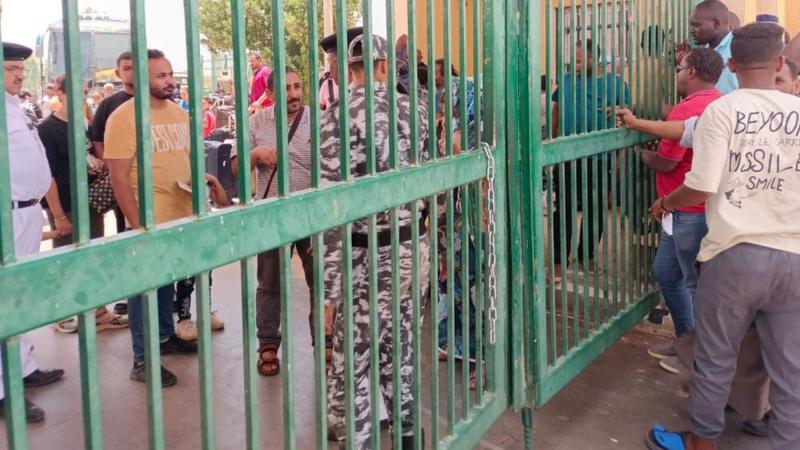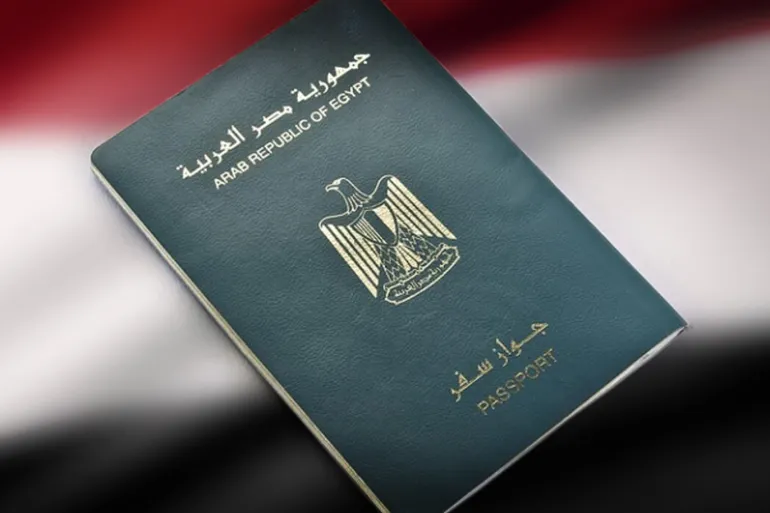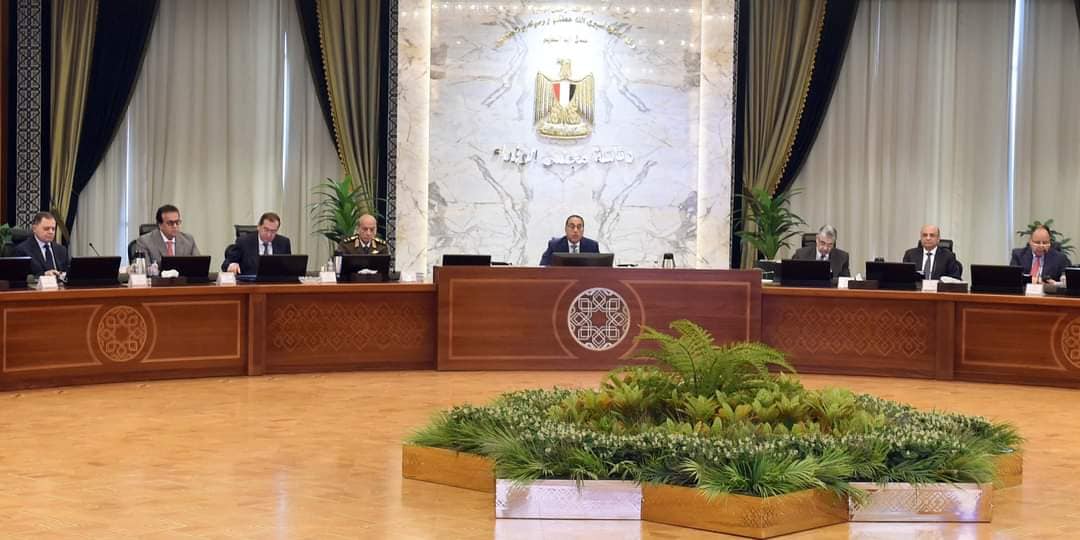An open letter from 379 researchers and members of civil society from the Global South and the Global North against the “Memorandum of Understanding on a Strategic and Comprehensive Partnership between the European Union (EU) and Tunisia” and against the EU’s border externalisation policies.
As researchers and members of civil society from the Global South and the Global North, we are collectively taking a stand against the “Memorandum of Understanding on a Strategic and Comprehensive Partnership between the European Union (EU) and Tunisia”, signed on 16 July 2023, and against the EU’s border externalisation policies. We also oppose the various public statements targeting migrants made by Tunisian President Kaïs Saïed, the Ministry of the Interior, the Ministry of Foreign Affairs, and several members of the Assembly of the Representatives of the People (ARP) since February 2023.
While Tunisia’s alignment with EU border externalisation policies has long been documented, we denounce what we view today as marking a dangerous turning point in the endorsement of these policies and of the racist assumptions that underpin them. Tunisian authorities have been increasingly displaying their determination to maintain and strengthen a system of exclusion and exploitation of nationals of sub-Saharan African countries. Instead of condemning this racist escalation, based on the populist and conspiracy-infused discourses characterising the country’s current authoritarian drift, European representatives are instrumentalizing so-called irregular migration by presenting it as a “shared plague”. The EU is therefore opportunistically and irresponsibly backing the President’s stances and fueling anti-migrant and anti-Black hatred, while claiming to be helping Tunisia protect its own borders, rather than those of Europe.
We express our full solidarity with people on the move and reject all hate speech on both sides of the Mediterranean. As researchers and members of civil society working on these issues, we also wish to counteract the disinformation spread by certain politicians, journalists, and individuals posing as Tunisian academics, who forge racist arguments devoid of any factual basis. There is an urgent need to question the reasons why vulnerable populations are being used as scapegoats to mask the failures of public policy in Tunisia.
No, nationals of sub-Saharan African countries are not “plaguing” Tunisia
It was indeed the President’s speech of 21 February 2023, referring to “hordes of sub-Saharan migrants” threatening the country’s “demographic composition”, which triggered violent attacks targeting Black people, as well as widespread arbitrary arrests, sudden evictions and terminations of employment. While several embassies organised repatriation flights, many people fled via sea – the number of shipwrecks and of deaths and disappearances off the Tunisian coast increased dramatically during this period. A few hundred people are still holding a sit-in in front of the offices of the International Organisation for Migration (IOM) and the United Nations High Commissioner for Refugees (UNHCR) in Tunis, asking to be evacuated or resettled to safe countries.
In early July, these attacks escalated again in the city of Sfax following the killing of a Tunisian citizen which was attributed to a national of a sub-Saharan country, and which was preceded by the stabbing and death of a Beninese man. Against a backdrop of unabashed hate speech, Tunisian security forces intensified their raids in Sfax, deporting at least 1,200 sub-Saharan nationals to the borders with Libya and Algeria, in inaccessible and militarised desert zones. Having been abandoned there without water and food, and having often been violently abused, many of those forcibly deported shared distressing images and videos. These grave violations have been denied by the Ministry of the Interior. To date, at least 20 deaths have been confirmed by various sources – the actual number is likely to be far greater.
Behind the racialising categorisations of “sub-Saharan”, “African” or “irregular” migrants, are students, workers, refugees and asylum seekers, people who travelled to Tunisia for medical care, people who have been waiting years for their residence permits, as well as people who have been unable to leave the country to renew their visas. This diversity of backgrounds and statuses is rendered invisible, resulting in further marginalising and dehumanising people. Many foreign nationals in Tunisia are unable to regularise their stay due to an outdated and incoherent legal framework, and to slow and intricate administrative procedures. As is the case for many Tunisians in Europe, their mobility and residency are rendered irregular by laws and practices that classify nationals of the African continent as “desirable” and “undesirable”, and that criminalise a large segment of its youth. By contrast, the irregular stay of migrants from Western countries – which is rather widespread in Tunisia – is not viewed as a security problem.
In addition, there is no evidence to suggest that migrant workers are responsible for the deterioration of the Tunisian economy, as is instead claimed by the xenophobic discourses of certain authorities. Like many Tunisians, foreign workers are in fact often exploited and exposed to high levels of insecurity and food vulnerability. The current economic crisis in Tunisia is instead rooted in a lack of economic prospects, in the fallout of internationally-backed austerity policies and public debt management, and in the Tunisian state’s inability to address socio-economic inequalities.
No, the Memorandum with the EU does not protect Tunisian sovereignty
In his speeches, President Kaïs Saïed claims to defend Tunisia’s sovereignty, declaring that he refuses turning the country into a place of “resettlement” for migrants expelled from Europe. He also professes to reject letting Tunisia be a “country of transit or a place of settlement”, stating that it will not play the role of the EU’s border guard.
Nevertheless, his adhering to the Memorandum – in which the EU vouches to provide financial support to Tunisia for border management – shows that Tunisia will continue to endorse and integrate European policy objectives by fully committing to securing the EU’s borders. The President is thus maintaining the same course of action as his predecessors, and could go even further, since the agreement mentions a “system for identifying and returning irregular migrants already present in Tunisia to their countries of origin.” This would suggest the development of the “hotspot” approach, whereby migratory flows are managed at the EU’s external borders, in countries like Tunisia, preventing people on the move any access to the European continent. While the government claims to reject the settlement of sub-Saharan nationals in Tunisia, this course of action would in fact result in their confinement in the country.
No, neither Tunisian nor European populations will benefit from this Memorandum
In line with the migration agreements underwritten before and after the 2011 revolution between Tunisia, the EU, and different European countries, this Memorandum was signed in a non-transparent manner, without any prior consultation with members of parliament, trade unions or civil society. It neither includes any specific guarantees for the respect of fundamental rights, nor does it contain any monitoring provisions for the use of the financial and material aid allocated to Tunisian security forces.
The EU is thus effectively giving Tunisia a blank check, following a strategy that is all the more irresponsible given its inefficacy. As long as the structural socio-economic causes of so-called irregular migration are not tackled, and as long as access to mobility is not radically rethought, this security approach to border management will only make crossings more deadly and strengthen smugglers.
This Memorandum will further amplify the asymmetries in the access to mobility and opportunities between the EU and Tunisia, notably by contributing to what is termed the “brain drain”, and to the economic models that fuel the causes of migration and the widening of inequalities. In return, the incentives proposed by the EU, such as visa facilitations for “skilled partnerships”, have already been promised to Tunisia without ever actually materialising. The externalisation of Europe’s borders thus affects all those deemed “undesirable” by the EU: both Tunisians and other nationals of the African continent.
Furthermore, the Memorandum’s alleged desire to “preserve human life” is hardly credible given that nearly 27,000 people have died or have gone missing in the Mediterranean since 2014 due to EU and various member state policies of withdrawing from and criminalising rescue at sea.
The only way to truly uphold the interests and dignity of Tunisians and of all other people on the move present in the country is to establish a constructive dialogue with both Tunisian and non-Tunisian people affected by these policies, as well as with the various collectives and organisations representing them, with members of civil society, and with the research community. These exchanges should give rise to a collective reflection on political alternatives to the current murderous border regime, recognising migration as a right and as an asset for all.
